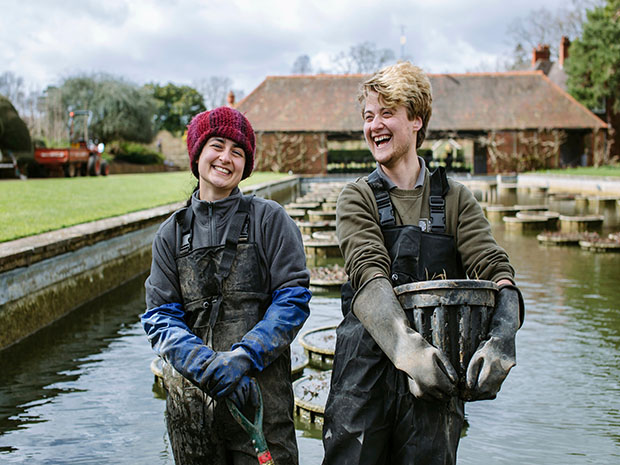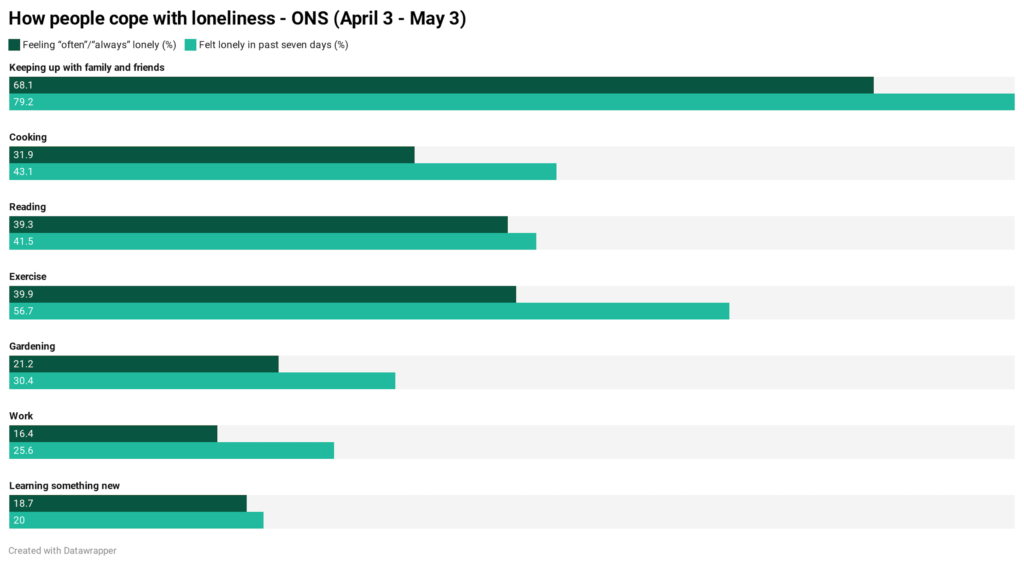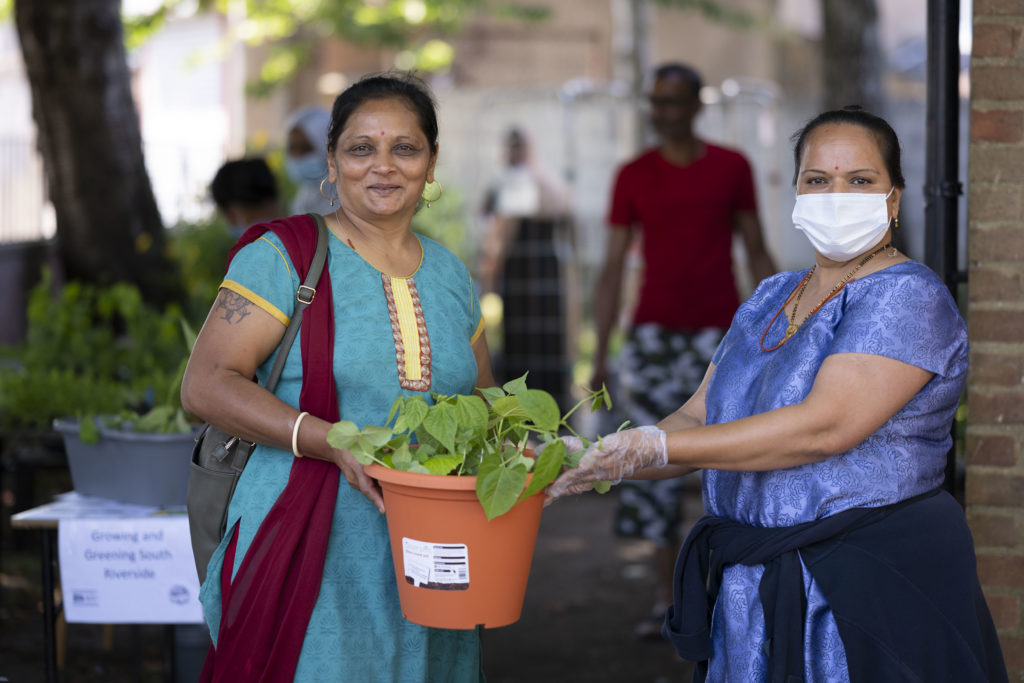Health benefits of horticulture could cut down GP appointments and support recovery

THE positive impact gardening has on mental and physical well-being will reduce GP appointments and support recovery from illness according to a Royal Horticultural Society Wellbeing Fellow.
There has been a heightened focus to tackle loneliness since a survey by the Royal College of General Practitioners in 2018 found that 75% of GPs see between one to five people a day who are lonely.
Lauriane Chalmin-Pui, an RHS fellow says gardening can have a “significant effect” on reducing GP appointments for loneliness, as well as fostering community cohesion.
“Whether as a prescribed intervention or a longer-term leisure activity, gardening has its place in the health and social care system,” Ms Chalmin-Pui said.

“As a physical activity adaptable to different needs and constraints, gardening will lead to NHS savings not just through reducing GP appointments but also through supporting recovery from illness.
“The current scientific thinking is that gardens and gardening help us in a variety of ways,” Ms Chalmin-Pui added.
“Gardening provides us with a sense of escape from the stresses of everyday life, provides calm fascination of plants and other wildlife, and provides a safe space to explore new things.”

The coronavirus lockdown has meant many people have been unable to socialise outside of their homes for months, leading to an increased interest in home activities such as gardening.
A survey by the Office for National Statistics showed that over a fifth of people feeling lonely “often” or “always” between April 3 and May 3 used gardening to cope, while 30.4% of people who had felt lonely in the past seven days turned to horticulture.
Ms Chalmin-Pui described access to a garden as “incredibly important” during lockdown.
The RHS polled 2,000 British people and found that 71% said their outdoor space helped their mental health.
Cardiff Salad Garden, located in Bute Park, run voluntary gardening sessions aimed at disadvantaged groups such as those with mental health problems.
Sophie Bolton, founder of the garden echoes the positive impact gardening can have on a person’s mental well-being.
“If you’re experiencing loneliness, depression, mental health issues, if you have been long-term unemployed or you are an asylum seeker new to a city, in isolated living or on low income, it can be very easy for your mental health to spiral downwards,” Ms Bolton said.

“If you’ve got different things you can do, one of which being in the garden in a calm, quiet atmosphere, a small number of people, then they can learn a new skill and see the reward from it.
“It’s about being part of a cycle, being part of a group of people and being part of something that is helping society.”
Before lockdown the garden sold their salads to Cardiff restaurants. However, when the hospitality sector closed the garden started a home delivery service, delivering salads to people’s doorstep.
“In 24 hours we lost all our customers, we suddenly had no one to sell salad to so that was pretty shocking,” Ms Bolton said.
“I had people delivering salads by bike to people’s doors so our sales model completely changed. We went from having 12 wholesale customers to 150 domestic customers.
“It meant we were keeping going because we were selling all the salad we had but it was a massive restructuring.”
The garden has been involved in providing salad leaves in NHS meals for hospital staff in Heath and delivering salad packs to Llamau, a homeless charity.
Alongside this they have delivered boxes of salad leaves for people to grow at home, organising weekly Zoom meetings to check in on their progress.
“People have been super responsive and excited, it has gone really well,” Ms Bolton said.
“We still want to have a positive impact on people. It is very much what people can do in their own homes and how we can facilitate that as much as possible.”


